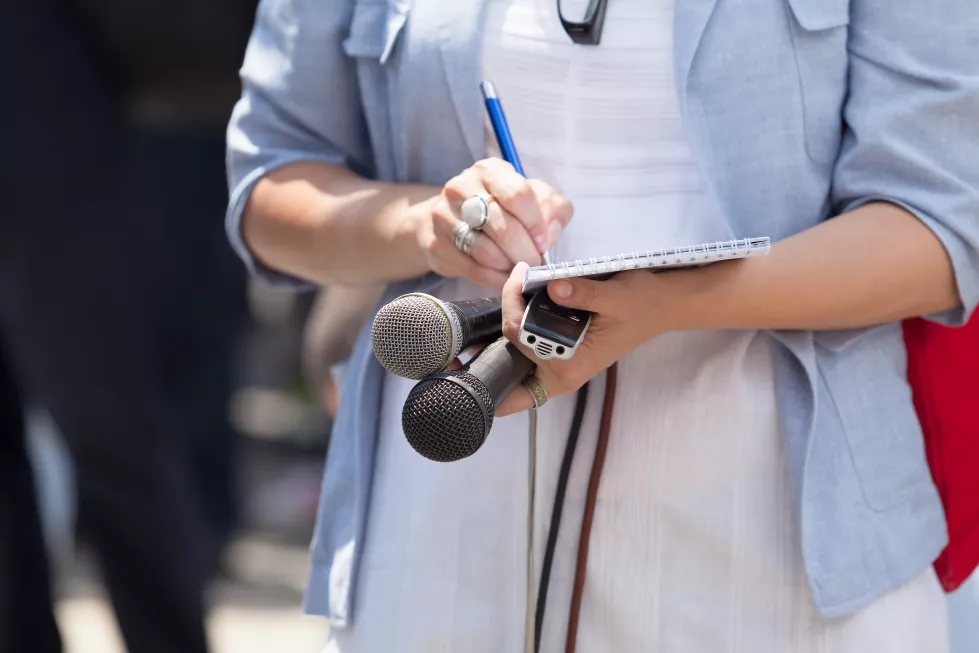Burke said there were Three Estates in Parliament; but, in the Reporters' Gallery yonder, there sat a Fourth Estate more important far than they all. It is not a figure of speech, or a witty saying; it is a literal fact, - very momentous to us in these times.
Thomas Carlyle (1859). On Heroes, Hero-worship, and the Heroic in History: Six Lectures: Reported. Wiley & Halsted. pp. 147, Lect. V: "The Hero as Man of Letters".



